Libelium is calling for cities with severe levels of air pollution and extreme meteorological conditions to take part in a test of its new air quality measurement technology.
Research and publish the best content.
Get Started for FREE
Sign up with Facebook Sign up with X
I don't have a Facebook or a X account
Already have an account: Login
Our world is urban: cities will be smarter, with informatics, open data networks, sensors and services
Curated by
Judy Curtis / SIPR
 Your new post is loading... Your new post is loading...
 Your new post is loading... Your new post is loading...
|

Guy Lagaeysse's curator insight,
January 18, 2019 9:14 AM
La population des villes est en constante augmentation (55 % de la population mondiale vit dans des villes).
Les villes sont amenées à devenir un moteur encore plus important de l'économie mondiale et de la richesse; Elles doivent se transformer pour améliorer la qualité, la performance et l'interactivité des ses services, réduire les coûts et la consommation de ressources et accroître les contacts entre les citoyens et le gouvernement. |






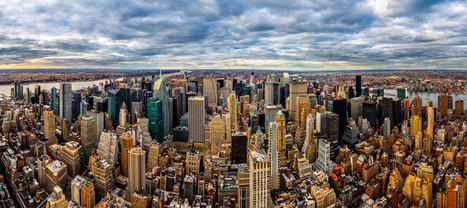
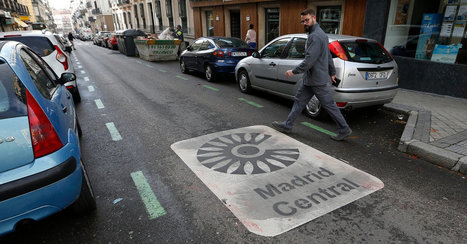
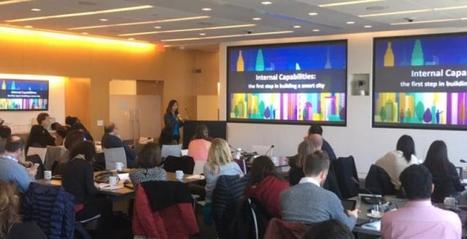
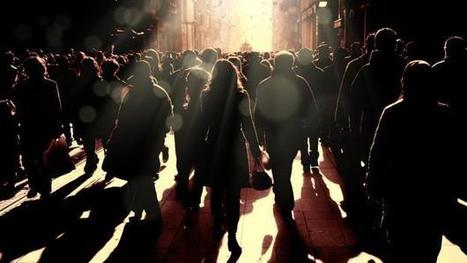
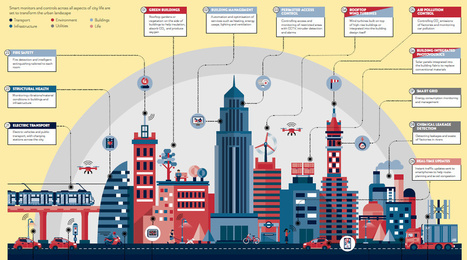
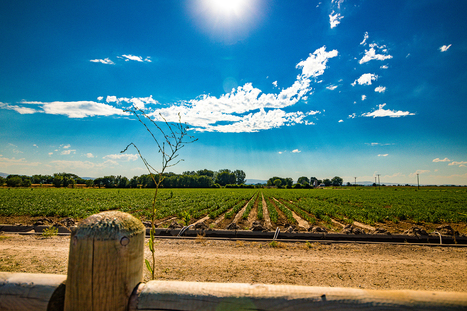





Here's a solution to help urban air management:
IoT technology manufacturer Libelium is offering to install for free its Air Quality Station air pollution analysis metrology devices in cities that meet its set of criteria.
The new Air Quality Station is based on machine learning algorithms and statistical data analysis. The device learns and improves its accuracy as it acquires data that is compared and analysed with those recorded by official reference stations.
“With this new platform, Libelium helps smart cities to add capillarity to their urban air measurement network,” said Alicia Asin, CEO of Libelium.
“Many cities have a single device with high metrological capacity that costs hundreds of thousands of euros so they can only measure pollution levels in a certain location. With IoT technology, more measurement points can be added with quality and precision devices that reduce the required investment to a tenth of the cost.”
Libelium reports it has tested the new technology at five sites with different weather conditions and different pollution levels to feed the artificial intelligence (AI) of the device and provide continuous improvement in the accuracy of the device.